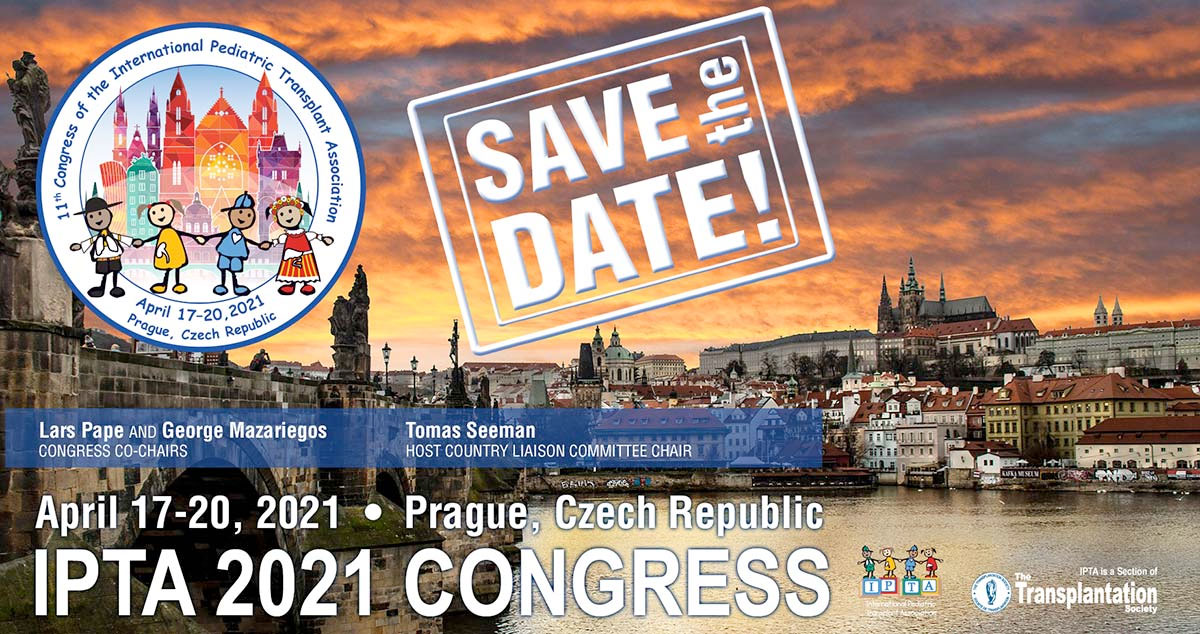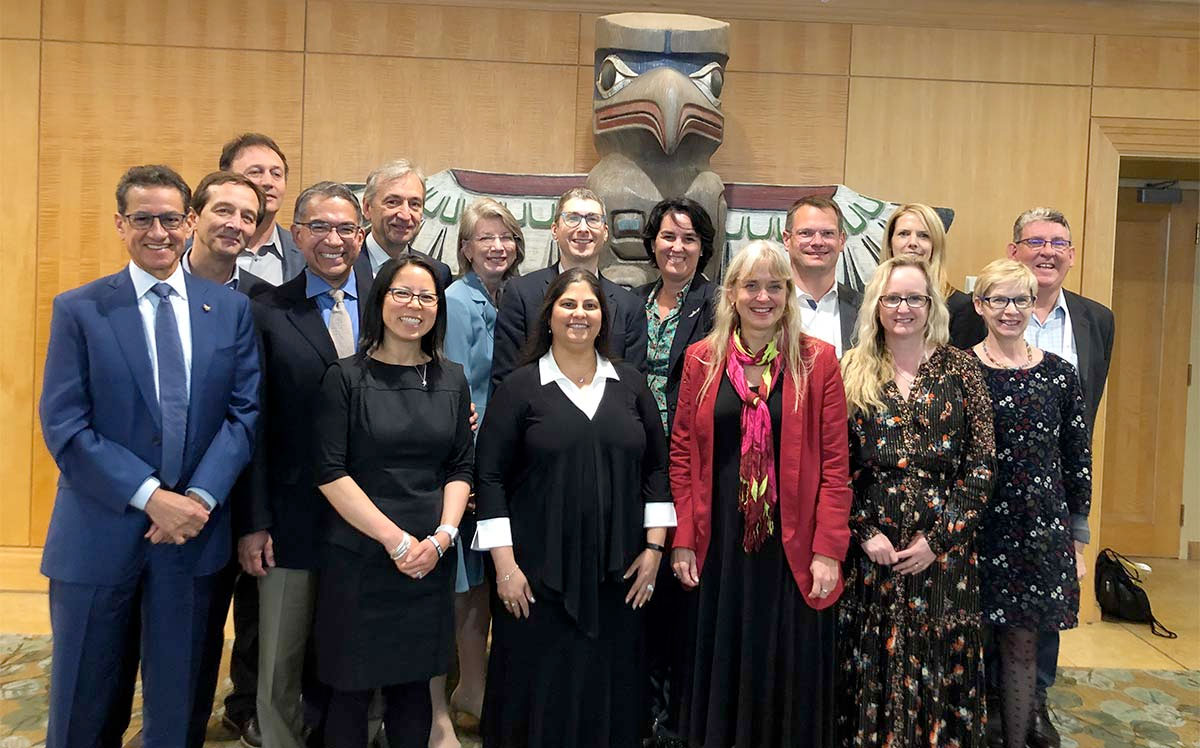IPTA Newsletter - July 2019

Message from Dr. Mignon McCulloch
Dear IPTA members and attendees of the IPTA 2019 Congress,
We would like to thank you for your part in attending and participating to make the IPTA 2019 Vancouver Congress such a hugely successful Congress and opportunity to network with friends and colleagues in the beautiful city of Vancouver. Learning in such a beautiful environment was not a hardship.
If you didn’t get the chance to join this time around, we hope that you can join us in Prague in 2021. Furthermore, if you are a member of IPTA, you can access the recordings via our section website. You are able to watch the talks and presentations HERE (member login required).
We would like to share with you some of the interesting facts from this meeting
- We welcomed 522 participants from 36 countries.
- The Congress started with a special opening address and blessing by Elder Roberta Price.
- Totem poles watched over speakers as they shared knowledge with friends and colleagues.
- Pre-meeting symposia including a Writing Course workshop, Foundations in Pediatric Transplantation “long-term outcomes” and a first-ever all-day Allied Health Symposium on Improving Outcomes in Pediatric Transplantation took place on May 4.
- We remain very grateful for generous sponsorship from UPMC Children’s Hospital of Pittsburgh, Astellas, One Lambda, Stanford Children’ Health & Lucile Packard Children’s Hospital Stanford, Dr. Ken Citron Charitable Trust and Bryce Cormier Memorial Fund as well as all our many collaborating hospitals & non-profit organizations.
PROGRAM HIGHLIGHTS AT A GLANCE
- 323 abstract submissions from 34 countries
- 115 invited speakers from 13 countries
- 6 Plenary Symposia
- 5 State-of-the Art Presentations
- 3 Pre-Congress Symposia
- 16 Interactive Workshops
- 21 Oral Abstract Sessions
- 3 Poster Sessions and
- 2 Morning Industry Symposia
- Abstracts were published in Pediatric Transplantation Journal
We look forward to welcoming you to the next IPTA Congress in Prague, Czech Republic. Please mark your calendars: April 17-20, 2021.

Until then… please remain involved in our organization by looking out for our newsletters, joining us as a member, and visiting our website.
Best wishes,
Mignon McCulloch
IPTA President and IPTA 2019 Co-Chair
Carlos Esquivel
IPTA President-elect and IPTA 2019 Co-Chair

Contact
Address
International Pediatric Transplant Association
c/o The Transplantation Society
740 Notre-Dame Ouest
Suite 1245
Montréal, QC, H3C 3X6
Canada






